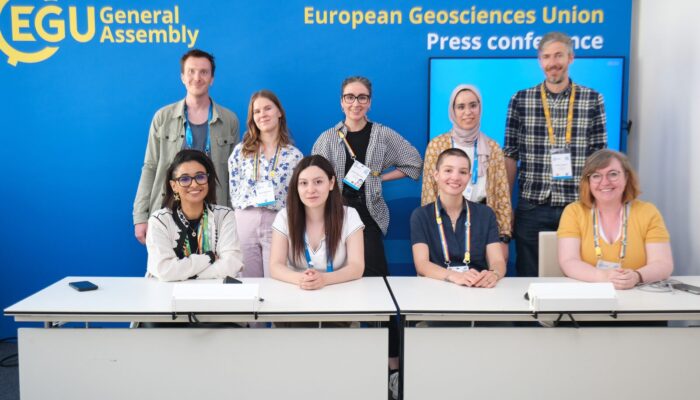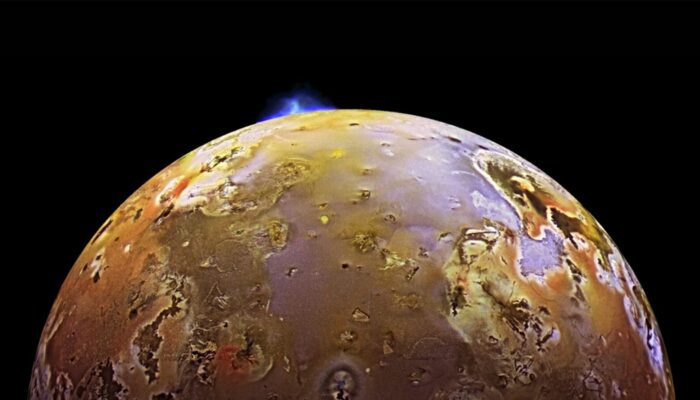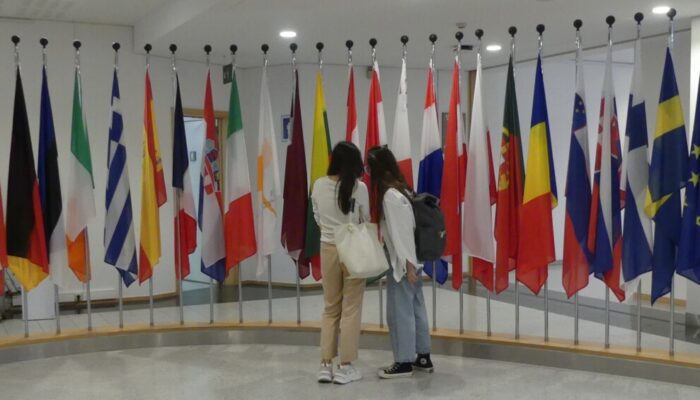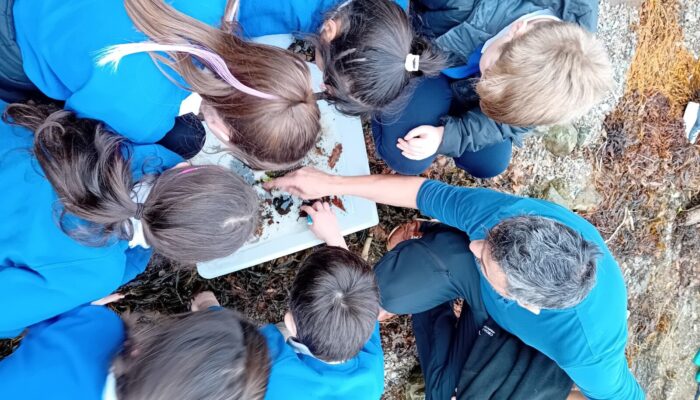Every year, the European Geosciences Union (EGU) General Assembly transforms Vienna into a bustling hub of scientific discovery. Tens of thousands of scientists from around the world gather to present their latest research, but how do these discoveries reach the public? That’s where the EGU press centre comes in—a space where science meets storytelling, and complex research is translated into stor ...[Read More]
Io: a spongy world consumed by molten rock
Jupiter’s moon Io is the most volcanically active world in our solar system, with hundreds of volcanoes that constantly erupt on its ever renewing surface. Although Io always points the same side toward Jupiter in its orbit around the gas giant, two other Galilean moons, Europa and Ganymede, pull Io’s orbit into an irregularly elliptical one. Thus, in its widely varying distances from ...[Read More]
GeoPolicy: Science Diplomacy in a new Geopolitical order
We have entered a new era of “harsh” geopolitics. Those were the words of the European Commission President Ursula von der Leyen in her keynote speech at the World Economic Forum in Davos on January 21, 2025. It is an era with geostrategic rivalries where commitment to international organisations (e.g. UN, WHO) and global solidarity can no longer be taken for granted. By now it is clear that the c ...[Read More]
Ireland’s Geoscience Day: The success story of bridging generations over science
The EGU Geoscience Days connect science with society by funding innovative projects that make Earth, planetary, and space sciences accessible. This year’s spotlight is on our awardee Fergus McAuliffe’s project, Marine Geoscience for All, which used art, storytelling, and dialogue to bring marine geoscience closer to the public. I had the pleasure to interview Fergus again after the events to ...[Read More]




